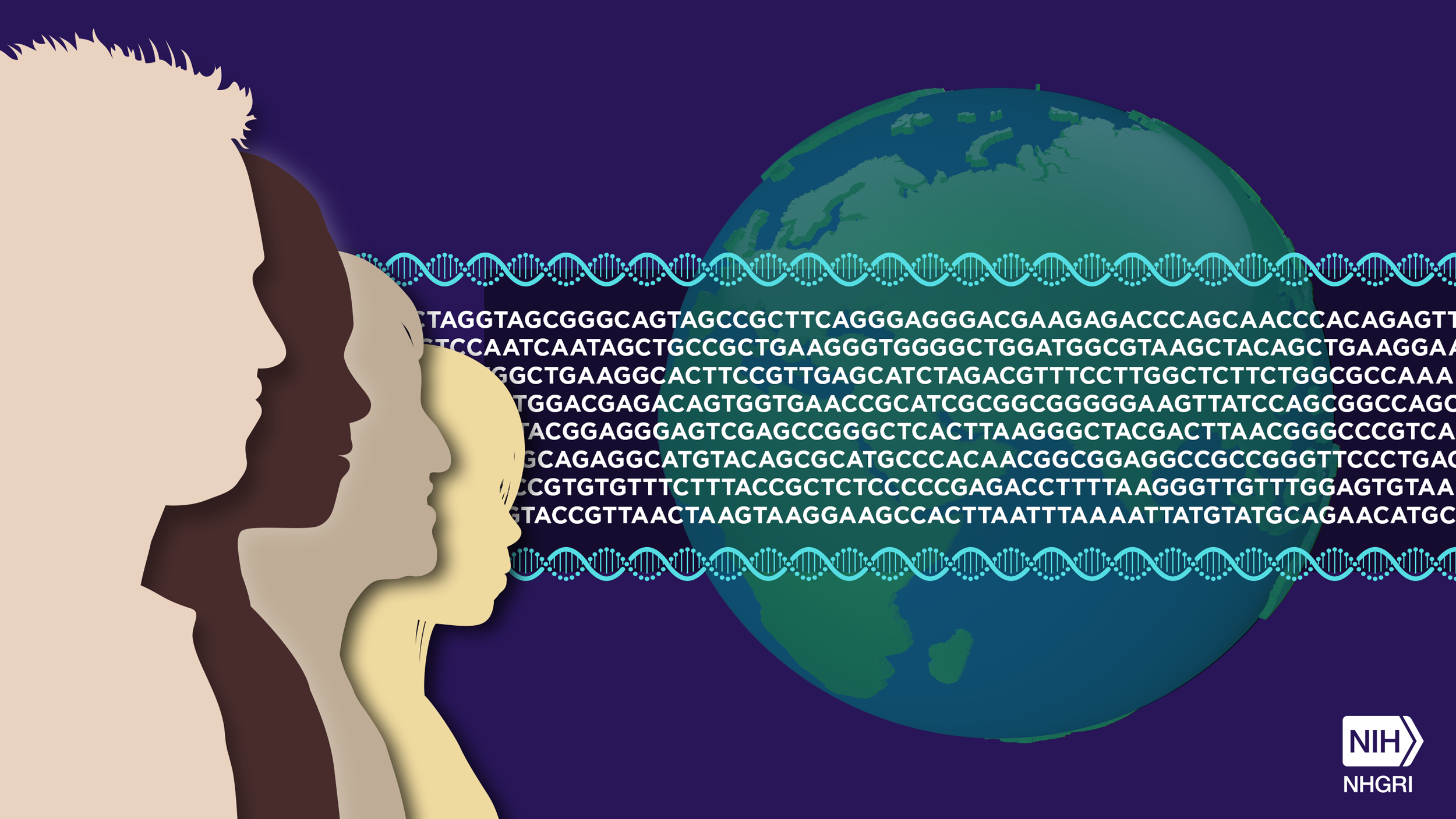Uncovering the genetic basis of mental illness requires data and tools that aren’t just based on white people – this international team is collecting DNA samples around the globe
By Hailiang Huang,
The Conversation
| 09. 12. 2022
Mental illness is a growing public health problem. In 2019, an estimated 1 in 8 people around the world were affected by mental disorders like depression, schizophrenia or bipolar disorder. While scientists have long known that many of these disorders run in families, their genetic basis isn’t entirely clear. One reason why is that the majority of existing genetic data used in research is overwhelmingly from white people.
In 2003, the Human Genome Project generated the first “reference genome” of human DNA from a combination of samples donated by upstate New Yorkers, all of whom were of European ancestry. Researchers across many biomedical fields still use this reference genome in their work. But it doesn’t provide a complete picture of human genetics. Someone with a different genetic ancestry will have a number of variations in their DNA that aren’t captured by the reference sequence.
When most of the world’s ancestries are not represented in genomic data sets, studies won’t be able to provide a true representation of how diseases manifest across all of humanity. Despite this, ancestral diversity in...
Related Articles
By Katrina Northrop, The Washington Post | 04.06.2025
photo via Wikimedia Commons licensed under CC by 3.0
China's most infamous scientist is attempting a comeback. He Jiankui, who went to jail for three years after claiming he had created the world's first genetically altered babies, says he remains...
By Anumita Kaur [cites CGS’ Katie Hasson], The Washington Post | 03.25.2025
Genetic information company 23andMe has said that it is headed to bankruptcy court, raising questions for what happens to the DNA shared by millions of people with the company via saliva test kits.
Sunday’s announcement clears the way for a new...
By Peter Wehling, Tino Plümecke, and Isabelle Bartram
| 03.26.2025
This article was originally published as “Soziogenomik und polygene Scores” in issue 272 (February 2025) of the German-language journal Gen-ethischer Informationsdienst (GID); translated by the authors.
In mid-November 2024, the British organization Hope not Hate published its investigative research ‘Inside the Eugenics Revival’. In addition to documentating an active international “race research” network, the investigation also brought to light the existence of a US start-up that offers eugenic embryo selection. Heliospect Genomics aims to enable wealthy couples to...
By Frank Landymore, Futurism | 03.18.2025
You can only throw so much money at a problem.
This, more or less, is the line being taken by AI researchers in a recent survey. Asked whether "scaling up" current AI approaches could lead to achieving artificial general...




